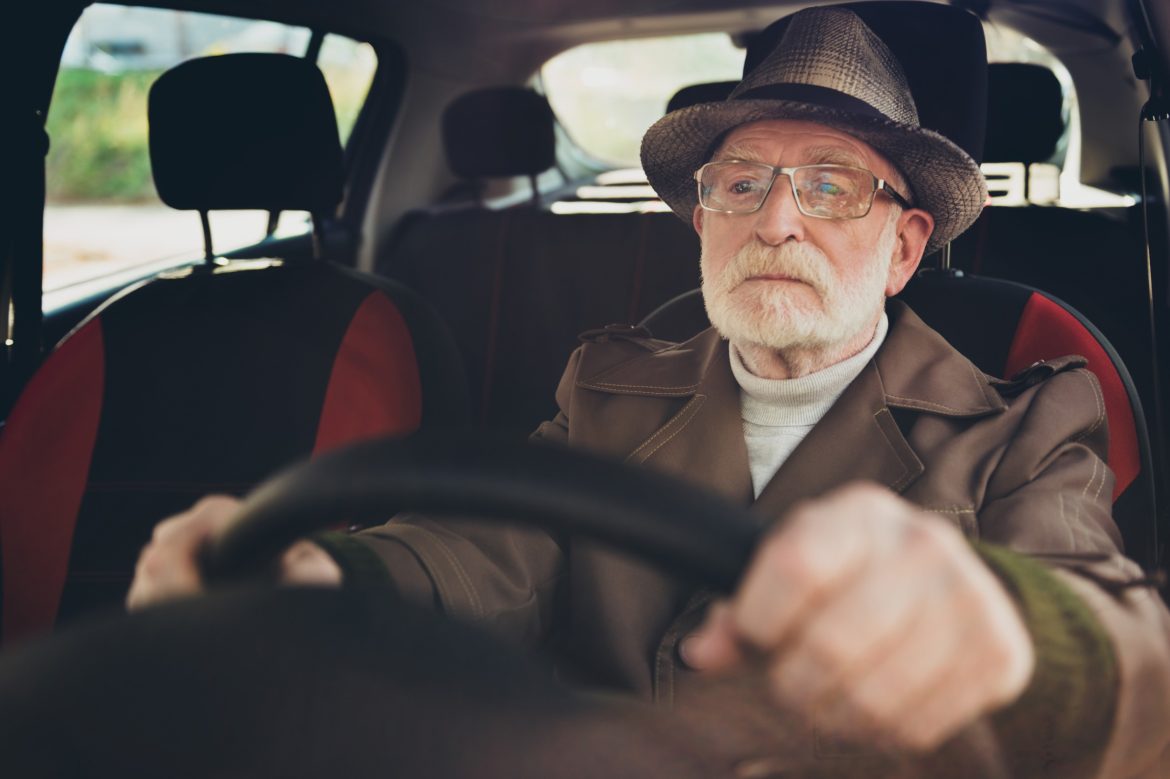
Time to Leave the Wheel
There may come a time when we start losing some of our skills, due to certain diseases, disorders or as we age. However hard to accept, we must acknowledge a declining function especially when safety is in question. Driving is among the most important examples as it can compromise the safety of ourselves, our passengers, and others on the road.
Driving can become unsafe at any age. While inexperience, recklessness and lack of attention are among the top causes of traffic accidents, alcohol or certain drugs can also affect one’s driving skills. Trouble with vision or hearing may also have serious effects on one’s driving skills. And sometimes, the only problem is a driver overestimating his/her driving abilities. Senior drivers tend to do this most often. However, it is an unfortunate physiological fact that aging causes reaction time to become longer, the brain to process rapidly changing information slower, and the body becoming physically less flexible.
Regardless of a driver’s age or level of experience, Dr. Robert H. Shmerling, a former rheumatologist at Harvard Medical School and currently a senior faculty editor for Harvard Health Publishing advises watching out for certain things to recognise waning driving skills, whether it is yourself or someone you know.
Possible red flags include concerned comments from your family or friends, and people becoming reluctant to be in a vehicle you ride. Another vague example, usually recognised by someone else, is consistently driving too slowly or too fast. Getting lost on familiar roads as well as unexplained dents or scratches spontaneously appearing on one’s vehicle are more serious red flags. Of course, frequent accidents or near-misses are clear red flags as long as you can confirm it is not always the other driver who is at fault.
And what if you start noticing a number of red flags in someone you know? You may have a hard time to decide about the right time to have “the talk” and you may have concerns as to how that person may feel. It is highly likely that the driver may not share your concerns and may deny your comments, become defensive and blame other drivers. It may be hard to accept a decline in an ability, as it may be interpreted as a possibility that other abilities may decline in near future, and this may damage self-confidence.
To avoid any arguing, resentment or other undesired feelings, it is best to talk about driving safety and support, instead of bluntly criticising driving skills. Lead with alternative ways and solutions such as public transportation or taxis, grocery delivery services, hiring a driver or having a family member drive the vehicle instead. Encourage consideration of a self-evaluation or on-road test, having a frank conversation with a trusted person or even a doctor, alternatives to reduce risks while driving (like not driving at night or driving on less crowded streets), and maybe taking supplementary driving classes to improve skills. It is important to emphasise that you are concerned because you care, and that you are there to support. It may also be helpful to give examples from people they know (going through the same situation) and to focus on the risks that other drivers may pose.
There may also come a time when vehicles will become fully automated, without a need for human drivers, and eliminating all such concerns. Until that time comes, it is worth keeping Dr. Shmerling’s advices in mind. It is even better, ideally, to have such conversations before a decline in driving skills becomes evident, and seek help professionals if -and when- necessary.
REFERENCES
- 1. https://www.health.harvard.edu/blog/a-tough-question-when-should-an-older-driver-stop-driving-202311132992
- 2. https://www.health.harvard.edu/blog/what-to-do-when-driving-skills-decline-202311152991
